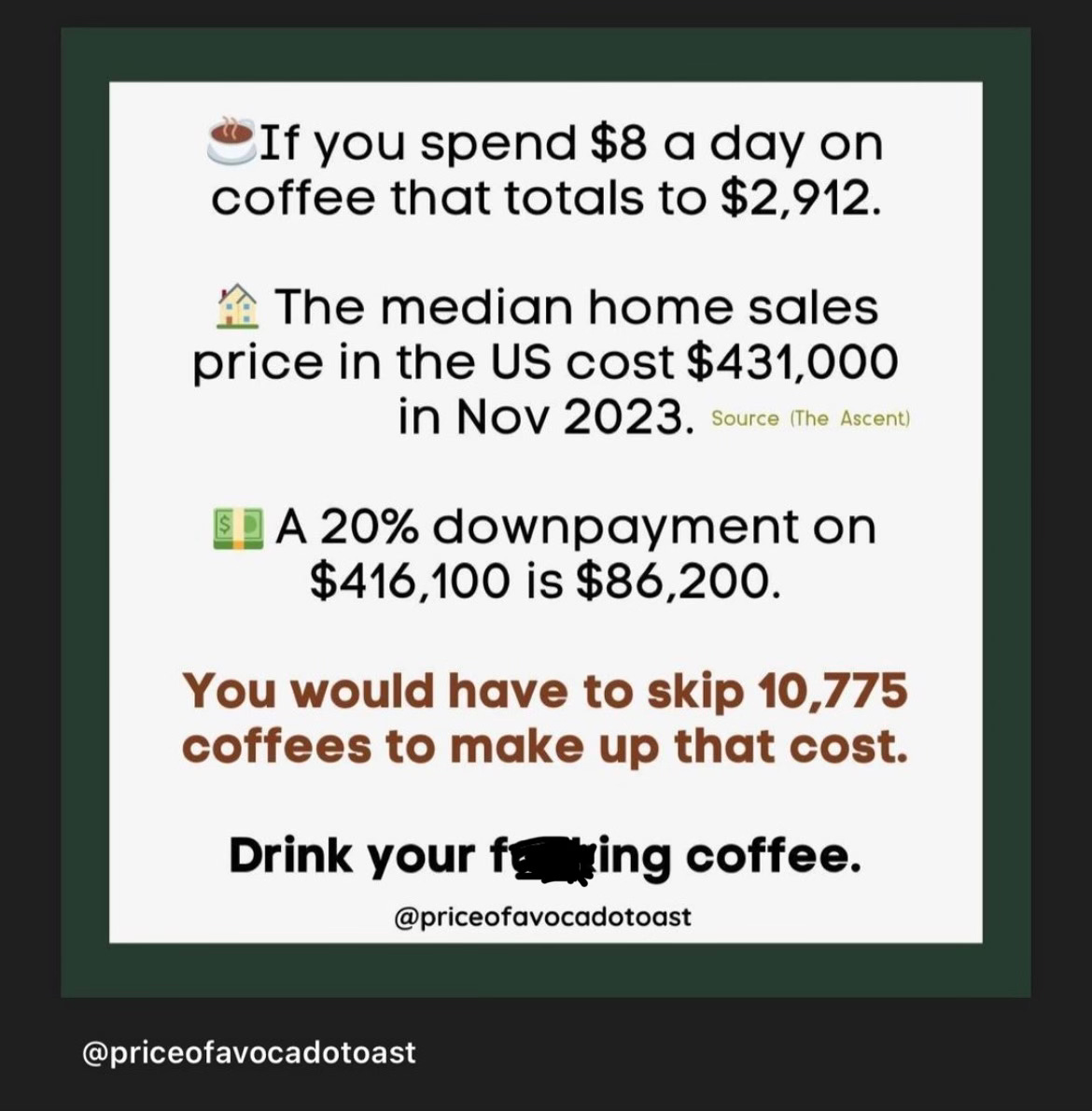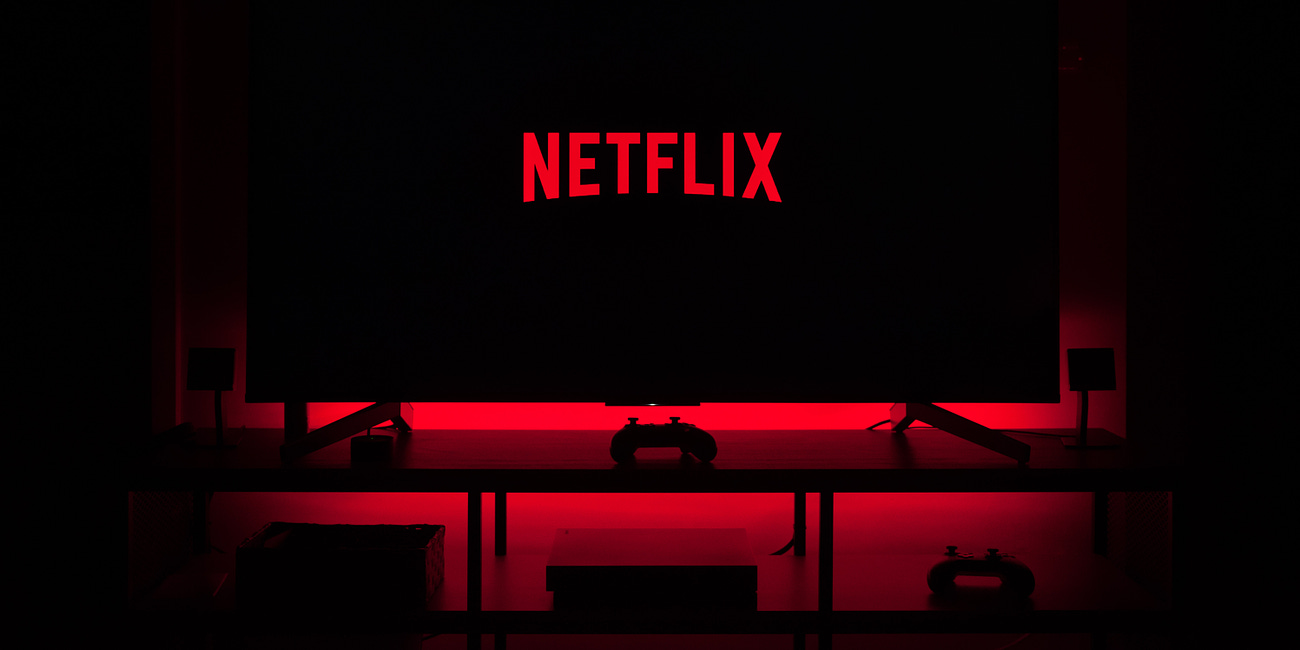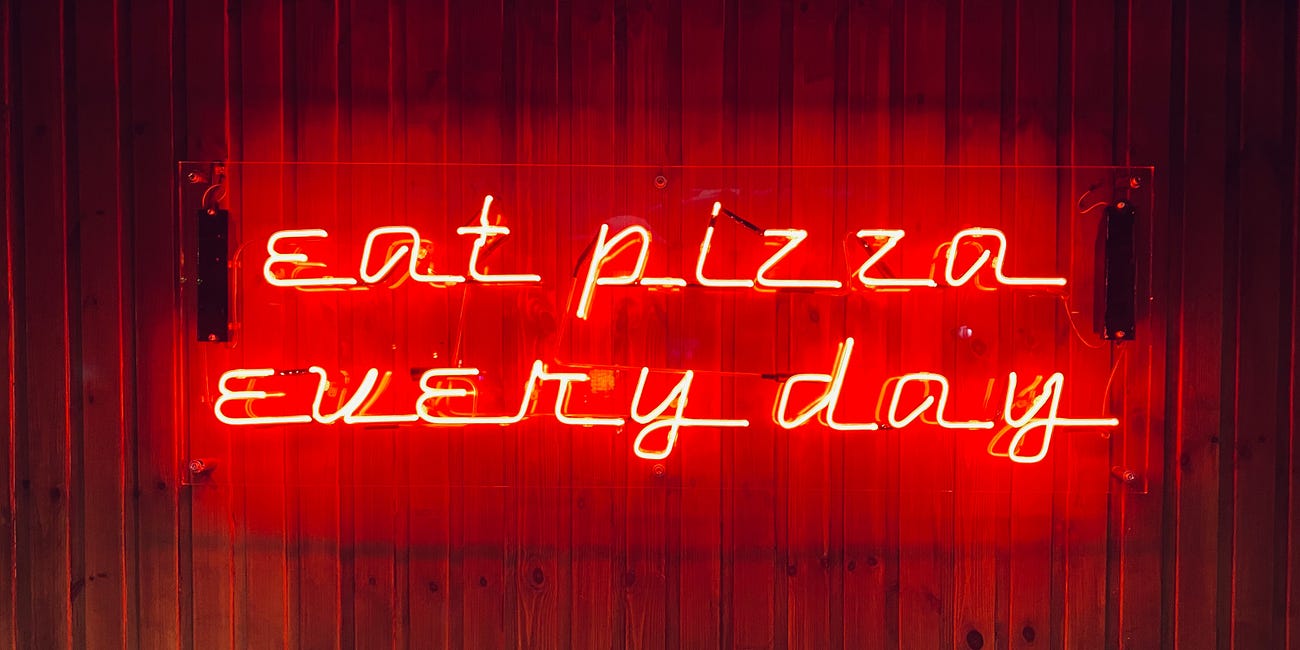
Maybe you can’t relate to smoking marijuana like me.
Maybe you think smoking weed is disgusting or degenerate behavior and have steered clear of it your whole life.
Cool.
Now let’s get into your coffee habit.
There’s a cost to that too, you know?
Long-standing dissension exists within the financial literacy community about coffee. Whether cutting caffeine is wise for anyone looking to take control of their finances.
I came across a meme recently that clearly was on the side of sticking with coffee.
At $8 a day per cup, the meme read, a person would spend approximately $2,900 a year on coffee. That’s about $500 more than my projected weed bill.
But this column isn’t about my take on the great coffee debate. I’m not here to tell you which is right and wrong or that you should or shouldn’t buy coffee.
I’m not even a coffee drinker. I’ve never had a cup!
I don’t want or need to drink it. Weed is my coffee. I just wish my hobby didn’t carry the same stigma as yours. But I’m happy to see that negative perception starting to fade as legal marijuana arrives in more states.
Instead, I hope my words make you think, particularly about your own habits and how behavioral changes, even with more socially acceptable customs, can be beneficial.
Like all changes, the first step requires a mindset shift.
If I told you I spent $2,500 a year on weed you’d probably wince and wonder what’s wrong with me.
But what would be your response at $3,000 a year on coffee?
Justification?
A long list of “well, actually” counters?
Much like my marijuana habit is not simply about smoking, the cost of your coffee consumption isn’t solely about coffee. It’s more than financial, it’s behavioral.
In airports all across the country, I walk by coffee-crazed people patiently waiting in long lines at Starbucks at the crack of dawn. I guess they’ve got to have their coffee. But I wonder about the time commitment.
The investor in me loves it. Starbucks’ stock is down 18% over the past year, largely for reasons that don’t have much to do with the actual business from my understanding. I see that as a buying opportunity.
I’m accumulating shares of Starbucks as the stock falls, trusting that its price will recover in time and I’ll eventually collect a profit. The method, referred to as swing trading, is one I’m learning to use to generate additional income.
I currently own six shares of Starbucks, buying the dip instead of drinks. I’ll throw money at additional shares if the stock falls more. But when the stock turns and adequately exceeds my average purchase price of $91, I’ll sell and funnel those funds to another investment.
If I can use what I’ve learned to turn a profit with $500, I can do it in time with $50,000.
Coffee drinkers can point to positives of having a daily cup of joe. Studies show coffee, like marijuana, has potential health benefits. Although I can’t help but to think about dependency when I hear coffee club conversations.
Strictly from a financial standpoint, however, it’s another beverage that undeniably bleeds your bank account — especially if you aren’t paying attention. Before you know it, you’re stuck in a senseless pattern of paying for coffee, tea, soda, alcohol, bottled water, energy drinks and sports drinks.
When does it stop?
Do you really need those drinks?
I’ve shared many of the things I’ve cut out or cut back on along my financial transformation. Like coffee, all of them seem minor. They’re things like pizza and beer, subscriptions and eating out. I even told you how I changed my water consumption.
I know first-hand that all those drinks are costly, largely unnecessary and for the most part unhealthy.
Combined, they can be another silent barrier to wealth-building when your funds are low and the resources you do possess aren’t being deployed optimally.
And that’s something within our control.
Some surely will view discipline as deprivation. Others will salute your sacrifice.
But remember, no change needs to be permanent.
I’m proof that cutting back can be beneficial.
I’ve learned that what I once made routine doesn’t need to be a daily occurrence.








